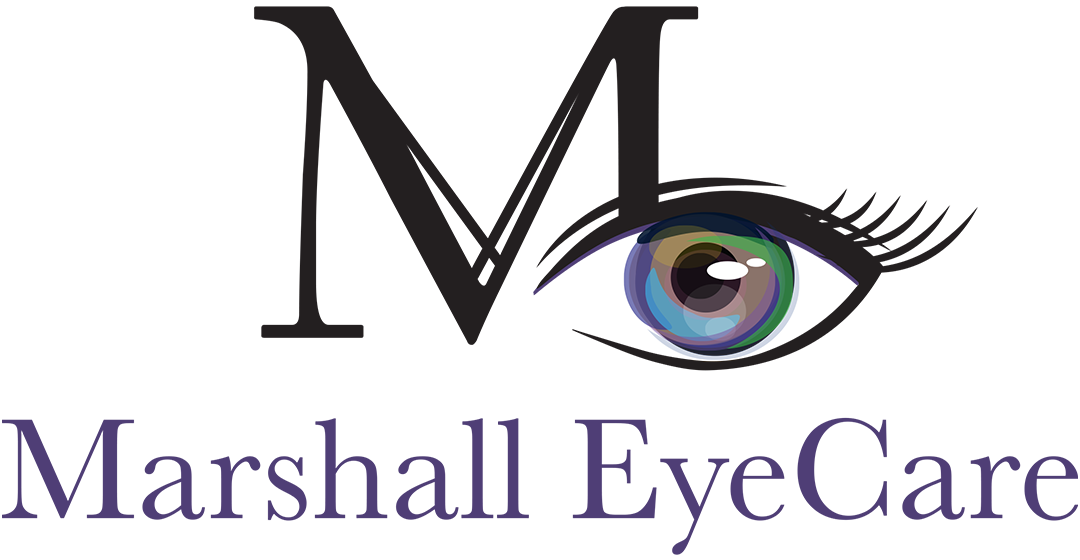
Eye health is a critical aspect of our general wellbeing, often overlooked until issues arise. Our eyes allow us to interact, understand, and engage with our surroundings. Like any other part of the body, they require proper care to function optimally. This care extends beyond wearing sunglasses on a bright day or limiting screen time; it encompasses a holistic approach to health, including nutrition, regular check-ups, and, interestingly, sleep.
The Role of Sleep in Maintaining Eye Health
Our eyes work hard throughout the day, absorbing light, adjusting to different distances, and processing visual information. Just like the rest of the body, they need time to rest and replenish. And that happens during sleep.
Sleep provides an opportunity for our eyes to hydrate and clear out irritants such as dust, allergens, and smoke that may have accumulated during the day. This hydration and cleaning process prevent dryness and irritation, promoting overall eye health.
Sleep also enhances the health of our vision. A lack of sleep can lead to blurry vision and difficulty focusing. This is because sleep deprivation affects the nerve function in our eyes, just as it does in other parts of our body.
How Lack of Sleep Affects Eye Health
The negative impact of sleep deprivation on eye health is profound. Chronic sleep deprivation can lead to eye conditions such as dry eye, eye spasms, and blurry vision.
Dry eye, characterized by insufficient tear production, often leads to discomfort, itching, redness, and sensitivity to light. On the other hand, eye spasms, also known as myokymia, cause involuntary eye twitching, which can be quite distracting.
Additionally, lack of sleep can cause the eyes to appear red and swollen, a condition known as periorbital puffiness. This is because sleep deprivation disrupts the balance of salt and water in the body, leading to fluid retention around the eyes.
Tips for Improving Sleep to Enhance Eye Health
Improving your sleep quality can significantly enhance your eye health. Here are some practical tips:
Establish a regular sleep schedule. Aim to go to bed and wake up at the same time every day, even on weekends
Create a conducive sleep environment. This includes a dark, quiet, and cool room
Limit exposure to screens before bedtime. The blue light emitted by screens can interfere with your body's production of melatonin, a hormone that regulates sleep
Avoid caffeine and alcohol close to bedtime. These substances can disrupt your sleep cycle
Engage in regular exercise. Physical activity promotes better sleep and overall health
Prioritize Sleep for Your Optimal Eye Health
Sleep plays a significant role in maintaining eye health. It provides an opportunity for our eyes to rest, hydrate, and clear out irritants. On the flip side, lack of sleep can lead to various eye conditions, emphasizing the need to prioritize good sleep hygiene. By making sleep a priority, we are not only investing in our eye health but our overall health as well.
For more information on the role of sleep in maintaining eye health, visit Marshall EyeCare at our office in Aberdeen, New Jersey. Call (732) 837-0988 to book an appointment today.








